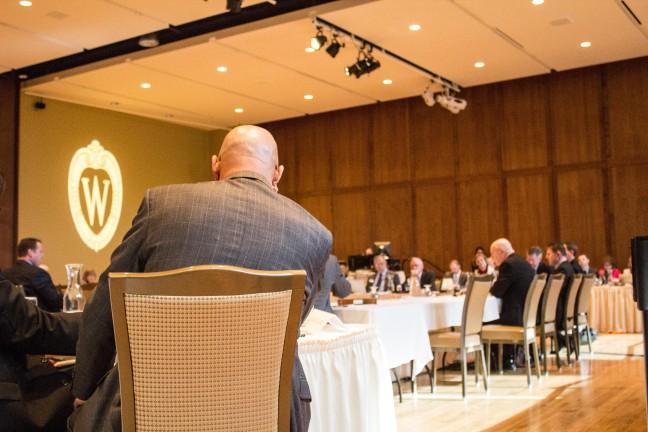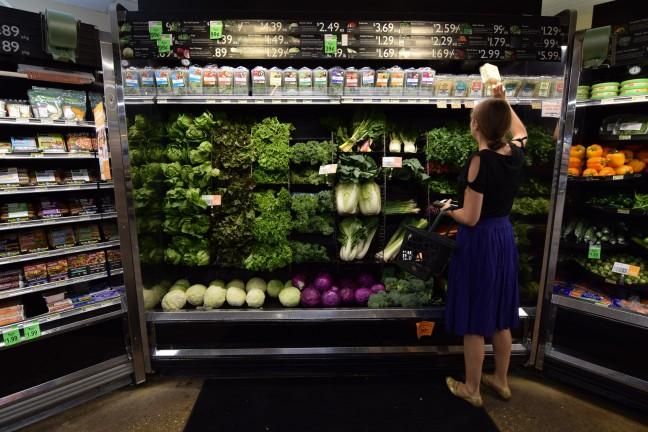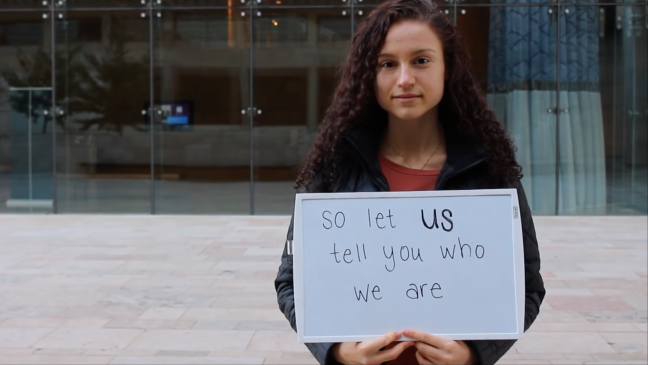Just more than a month ago, two Steubenville, Ohio high school students were convicted of raping a 16-year-old girl. The Steubenville case received national media attention, bringing the issue of rape to the foreground. There are many lessons to be learned from this case, including the importance of bystander intervention.
Bystander intervention is a peer-to-peer tool that can be used to intervene when in an unsafe situation. There are many ways a person can step in to divert potential harm to one or both parties, and it can be especially useful in preventing sexual assault and dating violence.
Through recognizing ways in which bystander intervention was not used in this case, we can understand the importance of using this tool to help intervene in harmful situations here on the University of Wisconsin campus. Stepping in can be a difficult thing to do, but taking a stand against questionable behavior is a way that you can support others on campus.
It may seem as if you are interfering with someone else’s business or you don’t know how to help – these are reasonable concerns. However, we owe it to one another to intervene to help prevent unsafe situations from occurring.
Recognizing an unsafe situation is the first step to being able to intervene when necessary. The most recognizable situation, especially on a campus environment, is when someone appears to be too intoxicated to make decisions that are in his or her best interest. This might mean going home for the night with someone they do not know, or overhearing the intentions of the escort that would place the intoxicated person at an elevated risk of being sexually assaulted. Even checking in with both parties to clarify his or her intentions can lead to less harm in case things get out of hand later.
There are some tips that you can use when intervening in an unsafe situation. While it may be nerve wracking to approach a stranger, it is important to approach everyone as a friend and to remain calm using non-violent language and behaviors.
Getting your friends or other partygoers to help out is another way to intervene. Asking others around you if they notice something potentially harmful is a good way to not only look at the situation, but also to get people to support you. Of course, if things become hostile, it is always important to remove yourself and others from the situation and request support from local law enforcement.
Stepping in and separating the parties is a good first step. It often works to create a distraction and redirect either person by asking him or her to come talk with you. If this feels too intimidating, having others around to support you is a way to help. Check out the “Tonight” video for more concrete examples on how to intervene.
Bystander intervention is one of the most powerful tools that can be used in the prevention of sexual assault. There are many situations that can be approached before they get out of hand, and it is important that you remember that the actions of one person or a group of people can make a difference. Looking out for one another is a great way to support a healthy campus community and end the cycle of sexual violence that is all too prevalent on campus.
Following the Steubenville case, political analyst and Feministing blogger Zerlina Maxwell received widespread media attention after speaking out against rape. In a piece for EBONY, Maxwell outlines several ways we can teach men not to rape, including teaching about the importance bystander intervention. The piece brings up the key point that intervention is about talking about social and cultural change when people are young.
Wednesday night at 7 p.m. in Science Hall Room 180, Promoting Awareness, Victim Empowerment is hosting Maxwell, as well as Feministing editor Chloe Angyal, on a panel where they will explore how sexual assault is portrayed in the media and what it means to be a feminist in media in a gender-biased world. We invite the campus to attend this important panel surrounding issues that affect us all.
Sexual assault victims at UW can call the Rape Crisis Center’s 24-hour hotline at 608-251-RAPE for immediate assistance. University Health Services also offers counseling, both scheduled and drop-in, for UW students who have been victims of sexual assault.
Maggie DeGroot ([email protected]) is the communications director for PAVE.




















